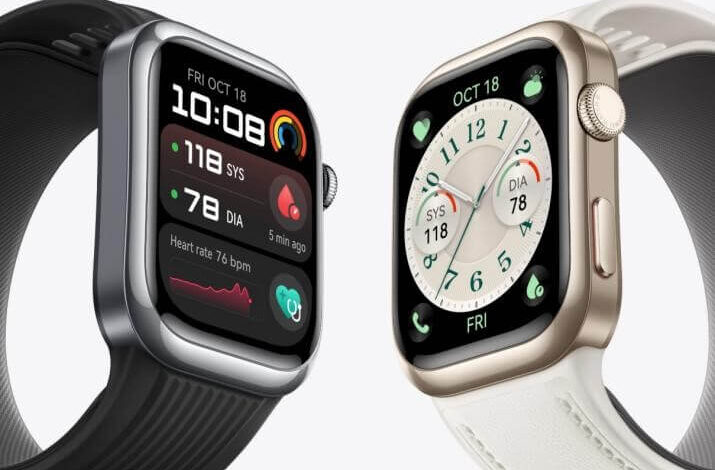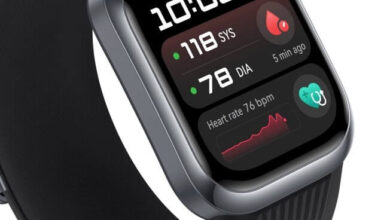Best Exercise Tips for Elderly Heart Health

As we age, maintaining heart health becomes increasingly important. Exercise plays a crucial role in supporting cardiovascular health for seniors, helping to reduce the risk of heart disease and improve overall well-being. This blog will provide you with the best exercise tips for elderly heart health, including the safest and most effective workouts for seniors, recommended exercise durations, and essential safety tips. Let’s dive right into how seniors can stay fit and safe through proper exercise!
Why Exercise is Essential for Heart Health in the Elderly
How Exercise Reduces Heart Disease Risks for Seniors
Exercise is key to mitigating heart disease risks for seniors. Regular physical activity helps lower hypertension, manage weight, and control cholesterol levels, which are significant contributors to heart disease. Exercise encourages the heart to pump blood more efficiently, thus strengthening the cardiovascular system. Additionally, consistent exercise boosts HDL (good cholesterol) and reduces LDL (bad cholesterol), keeping arteries clear and promoting heart health.
See also: How Does High Blood Pressure Affect Your Eyesight?
The Role of Physical Activity in Improving Circulation and Blood Pressure
For elderly individuals, consistent physical activity improves circulation and regulates blood pressure. Improved circulation ensures that oxygen and nutrients are efficiently delivered to muscles and organs, enhancing their function. Exercise helps maintain flexible arterial walls, preventing atherosclerosis and promoting better blood flow. Furthermore, physical activity can lead to lower resting blood pressure levels, reducing strain on the heart and lessening the chance of strokes or heart attacks.
Long-Term Benefits of Regular Exercise for Elderly Individuals
Regular exercise offers numerous long-term benefits for seniors. Beyond cardiovascular health, it aids in maintaining a healthy weight, enhancing mental health, and improving overall mobility and balance. This reduced risk of falls and related injuries can substantially improve the quality of life. Exercise also slows down age-related muscle loss, contributing to prolonged independence and a higher capacity to perform daily activities. In summary, a consistent exercise routine is transformative, extending lifespan and health span.
What Are the Best Exercises for Elderly Heart Health?
Cardiovascular Exercises: Walking, Swimming, and Cycling
Cardiovascular exercises, like walking, swimming, and cycling, are particularly beneficial for heart health. These activities are low-impact, making them perfect for seniors. Walking is accessible and easy to adapt to any fitness level. Swimming offers a full-body workout while being gentle on the joints. Cycling, particularly on a stationary bike, provides an excellent heart workout while reducing the risk of falls. These exercises enhance heart rate, lung capacity, and blood circulation, all vital for a healthy heart.
Strength Training for Heart Health
Incorporating strength training into a fitness routine is crucial for elderly heart health. This type of exercise helps build muscle mass, strengthen the heart, and improve overall body strength. Using light weights or resistance bands twice a week can help manage weight, support joint health, and improve glucose metabolism, which is essential for heart health. Strength training also enhances bone density, reducing the risk of osteoporosis and related fractures, ensuring seniors can remain active and independent.
Flexibility Exercises: Yoga and Stretching for Seniors
Flexibility exercises, such as yoga and regular stretching, are important for senior heart health. Yoga combines physical postures, breathing techniques, and meditation, making it a holistic approach to wellness. It improves flexibility, balance, and muscle strength. Stretching exercises help maintain joint mobility and muscle elasticity, reducing the risk of injuries. Both activities aid in stress reduction, which is beneficial for heart health, as they can lower blood pressure and improve overall cardiovascular function.
How Much Exercise Do Seniors Need for Heart Health?
Recommended Exercise Duration and Frequency for Seniors
For optimal heart health, seniors should aim for at least 150 minutes of moderate-intensity aerobic exercise per week. This can be broken down into 30-minute sessions, five days a week. Incorporating strength training activities at least two days a week is also essential. Flexibility exercises like stretching or yoga should be included at least twice a week to maintain joint health and prevent injuries. This balanced routine supports cardiovascular, muscular, and skeletal health.
The Importance of Rest Days and Recovery
Rest days and recovery are critical components of any exercise regimen, especially for the elderly. Allowing the body time to recover helps to prevent overuse injuries, reduce fatigue, and improve performance. Rest days enable muscles to repair and strengthen, aiding in overall fitness and endurance. Additionally, adequate rest reduces the risk of cardiovascular strain and ensures that seniors can continue to enjoy their physical activities without burnout or injury.
Adjusting Exercise Intensity Based on Fitness Levels
Adjusting exercise intensity to match individual fitness levels is crucial for safe and effective workouts. Start with low-impact activities and gradually increase intensity as fitness improves. Monitoring how the body responds to exercise helps in making necessary adjustments. Using tools like the HUAWEI WATCH D2, which provides real-time data such as heart rate and blood pressure, can aid in tracking progress and ensuring that exercise levels are suitable. This personalized approach minimizes the risk of overexertion and optimizes benefits.
What Are the Safety Tips for Seniors Exercising for Heart Health?How to Monitor Heart Rate and Avoid Overexertion
Monitoring heart rate is vital in avoiding overexertion. Seniors should aim to exercise within a safe target heart rate zone, which can be calculated based on age and fitness level. Using devices like the HUAWEI WATCH D2, which offers real-time heart rate monitoring, helps in staying within this zone. Regular blood pressure checks during exercise can also prevent undue strain on the heart. Keeping an eye on these indicators ensures that seniors exercise safely and effectively.

Precautions to Take Before Starting an Exercise Regimen
Before starting any new exercise regimen, seniors should consult with healthcare providers. This is especially crucial for those with pre-existing conditions or on medication. Having a professional assessment can help tailor an appropriate exercise plan. Proper warm-up and cool-down sessions are also essential to prepare the body for physical activity and reduce injury risks. Staying hydrated and wearing suitable footwear are additional precautions that support safe exercise practices.
Signs to Stop Exercising and Seek Medical Help
Recognizing when to stop exercising and seek medical help is critical for maintaining heart health. Symptoms like chest pain, shortness of breath, dizziness, or abnormal heartbeats should not be ignored. These could indicate overexertion or underlying heart issues. In such cases, it’s important to stop exercising immediately and consult a healthcare professional. Regularly using devices like the HUAWEI WATCH D2 to monitor heart health indicators can help detect early signs of trouble, allowing timely medical intervention.
Conclusion
Maintaining heart health through exercise is essential for seniors. By incorporating a mix of cardiovascular, strength, and flexibility exercises, seniors can significantly improve their heart health and overall well-being. Ensuring that exercise regimens are tailored to individual fitness levels, taking necessary precautions, and staying vigilant about heart health signs are all crucial steps. Utilizing tools like the Huawei Watch D2 can provide valuable insights and help track progress. With the right approach, seniors can enjoy a healthier heart and a more active lifestyle.







